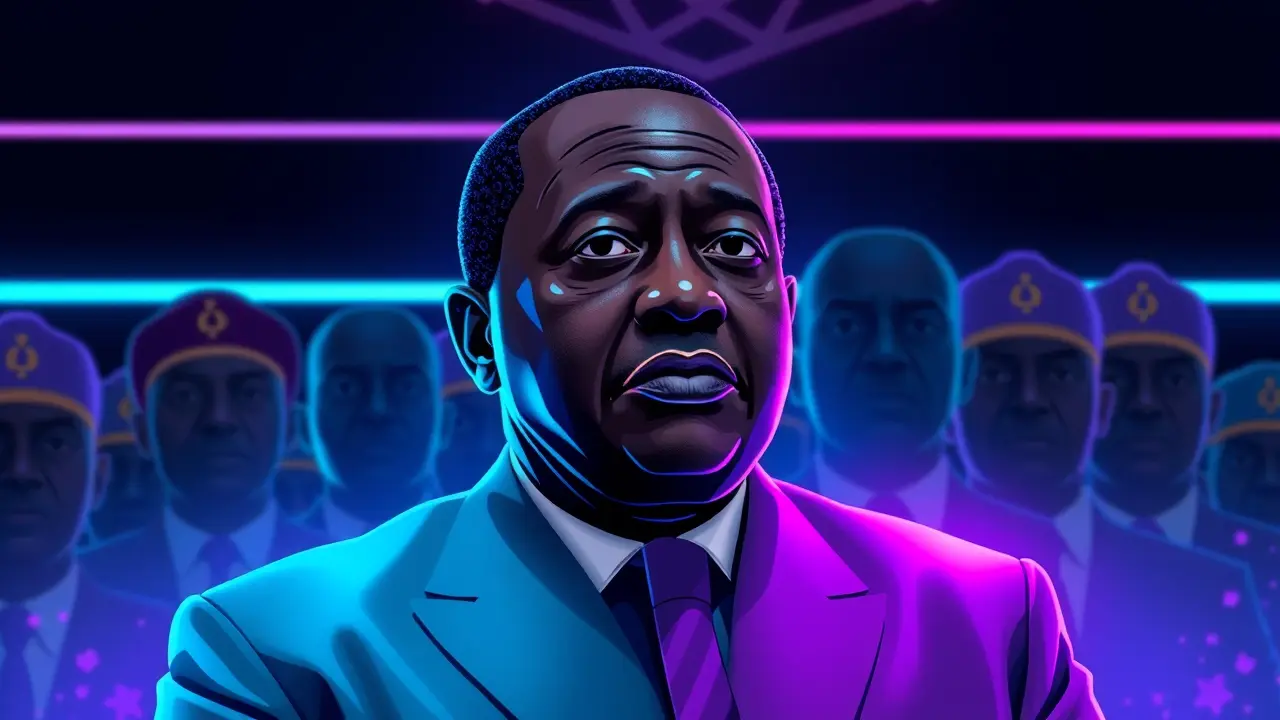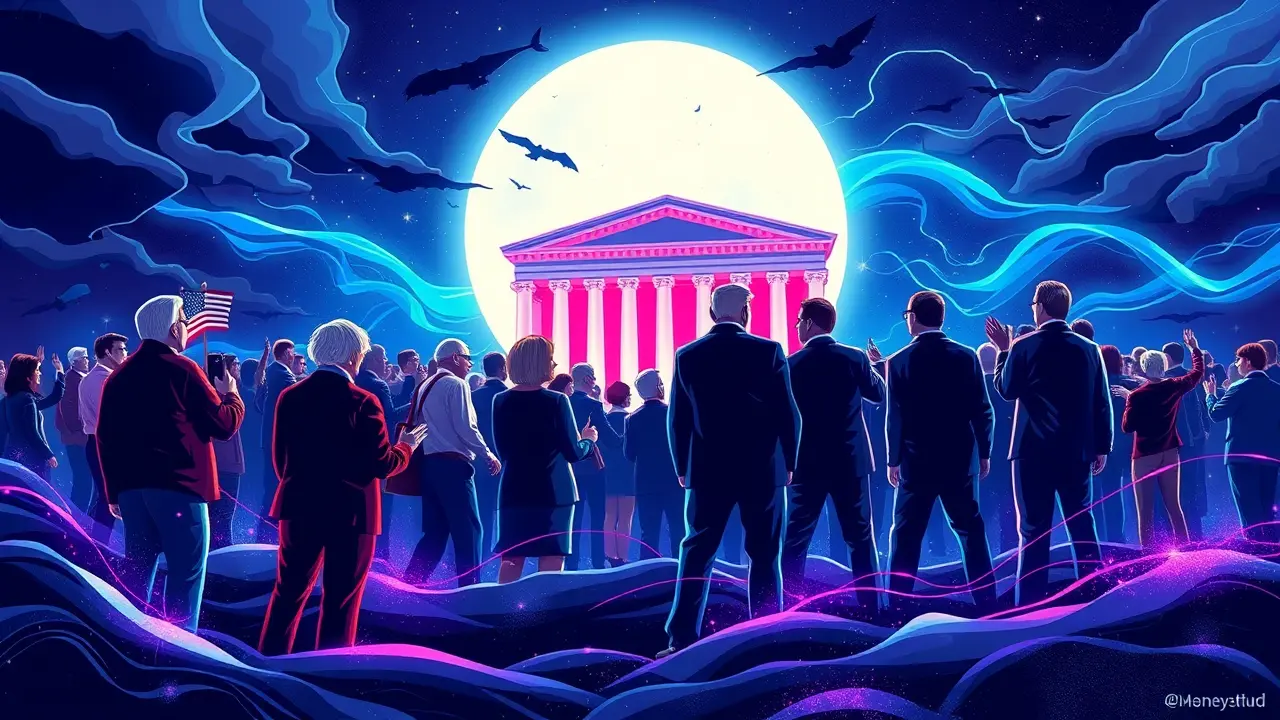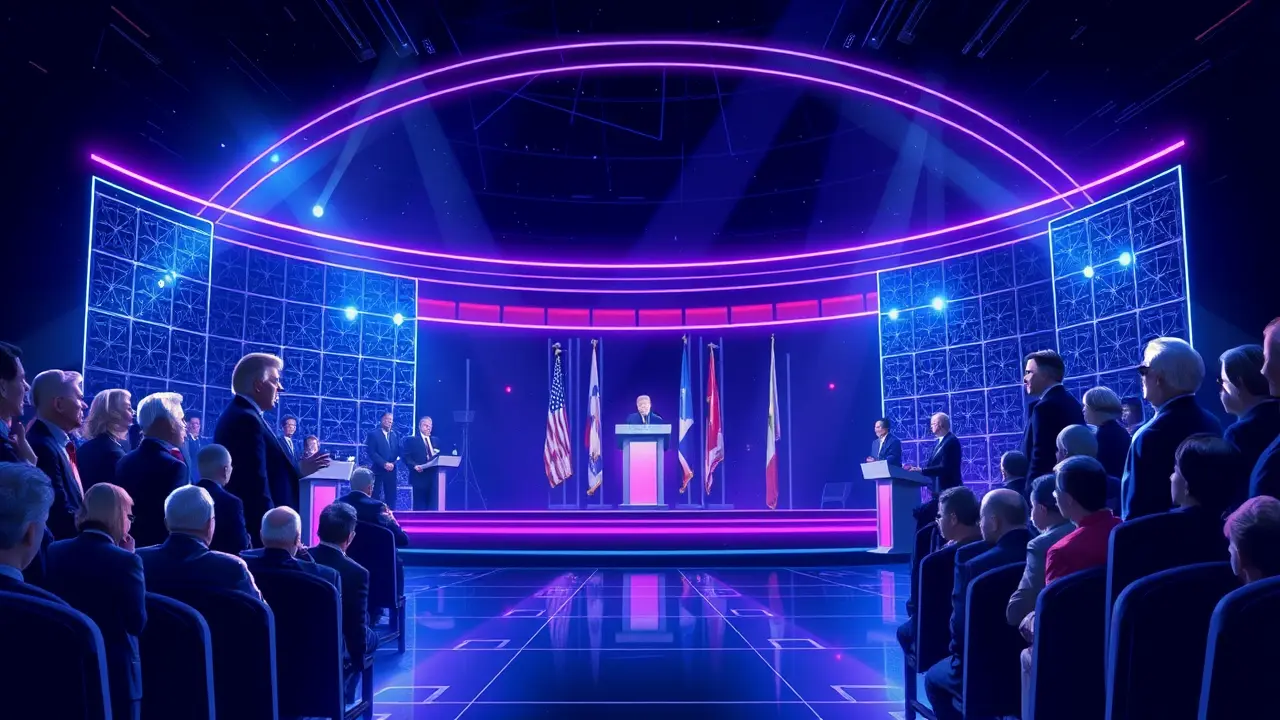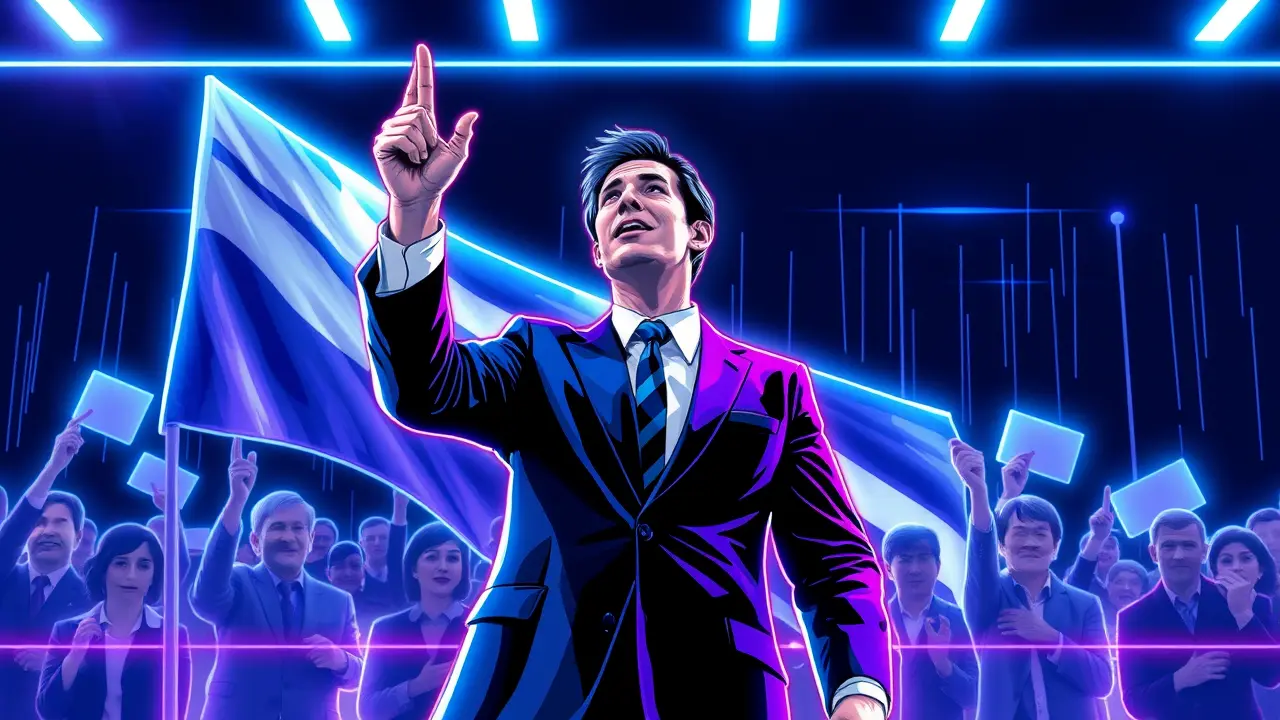
PoliticselectionsPresidential Elections
World's oldest president sworn in for eighth term.
RO
Robert Hayes
5 hours ago7 min read1 comments
In a political tableau that would feel anachronistic in much of the modern world, Paul Biya was sworn in for his eighth term as President of Cameroon, a stark reaffirmation of a tenure that began in 1982. This event is not merely a footnote in African politics; it is a profound chapter in the annals of prolonged personal rule, drawing immediate and vehement cries of foul play from a fragmented opposition that insists the electoral process was systematically rigged to perpetuate the status quo.Biya’s political longevity, now stretching over four decades, places him firmly among the world's longest-serving non-royal leaders, a cohort that includes the likes of Teodoro Obiang Nguema Mbasogo of Equatorial Guinea and a stark contrast to the democratic transitions seen in other parts of the continent. The ceremony itself, steeped in the formalities of state power, belied the underlying tensions simmering across the nation, particularly in the English-speaking regions where a bloody separatist conflict has raged for years, a crisis that his administration has struggled to contain.Analysts point to a well-honed political machine, one that leverages state resources, controls the electoral commission, and maintains a firm grip on the media landscape, creating an environment where genuine political contestation is all but impossible. This latest victory echoes historical patterns of authoritarian consolidation, reminiscent of the one-party states that dominated post-colonial Africa, where incumbents utilized legal instruments, constitutional amendments removing term limits, and the strategic distribution of patronage to eviscerate challengers.The international response has been characteristically muted, a calculus of regional stability and strategic interests often overriding principled stands on democratic governance, with key partners like France historically maintaining a complex, sometimes ambivalent, relationship with the Biya government. The consequences of this extended rule are multifaceted: economic stagnation and widespread corruption, as detailed in numerous reports from transparency watchdogs, persist despite the country's vast potential, while the social contract frays, pushing a disillusioned and youthful population toward either apathy or resistance.Looking forward, the question is not if change will come, but how, and whether it will arrive through a managed political transition or a more turbulent, unpredictable rupture, a scenario that risk analysts are monitoring with increasing concern. The swearing-in of Paul Biya for an eighth term is therefore less a celebration of democratic will and more a somber lesson in the mechanics of power, the fragility of institutions, and the enduring challenge of achieving legitimate governance in the 21st century.
#Paul Biya
#Cameroon
#presidential election
#eighth term
#inauguration
#opposition
#rigged
#featured
Stay Informed. Act Smarter.
Get weekly highlights, major headlines, and expert insights — then put your knowledge to work in our live prediction markets.
Related News
© 2025 Outpoll Service LTD. All rights reserved.














